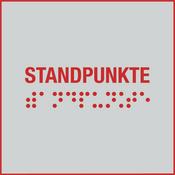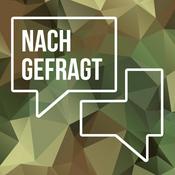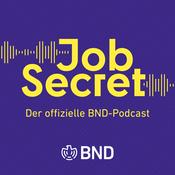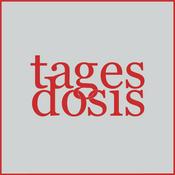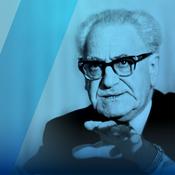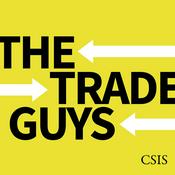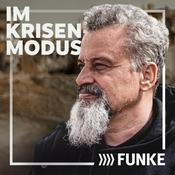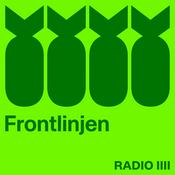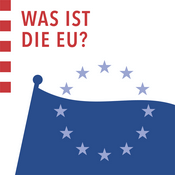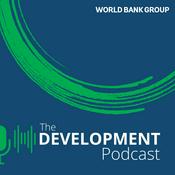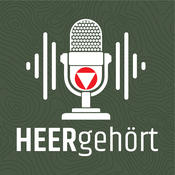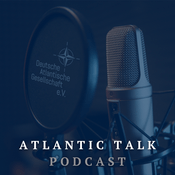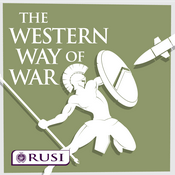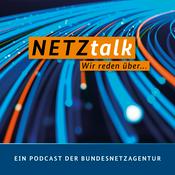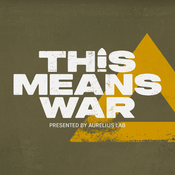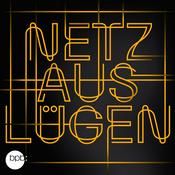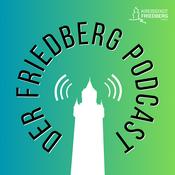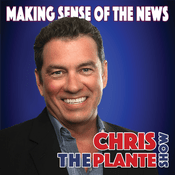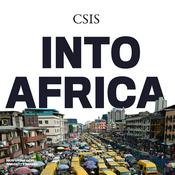73 Episoden
- In this episode of Europolis, Chloe Teevan and Gautam Kamat are joined by Hiroki Habuka, one of Japan's leading AI policy experts, to discuss Japan’s unique, agile approach to AI regulation and how it offers a modular alternative to the EU’s prescriptive model. Hosted on Acast. See acast.com/privacy for more information.
- In this episode of Europolis, digital rights advocate and social entrepreneur Gbenga Sesan joins ECDPM's Sabine Muscat to explore the intersection of digital sovereignty, innovation, and human dignity. He argues that for Africa to truly thrive, it must transition from relying on aid to attracting investment, and that innovation cannot happen without respecting the rights of citizens. Hosted on Acast. See acast.com/privacy for more information.
- ECDPM director San Bilal speaks to Simon O'Connell, CEO of SNV, the Dutch development agency, as the organisation celebrates its 60th anniversary. The discussion explores how development actors can navigate a "race to the bottom" in aid financing and how reframing the narrative around solidarity isn't just old-fashioned idealism but a pragmatic necessity for a stable world. Hosted on Acast. See acast.com/privacy for more information.
- In this episode of Europolis: the Global Europe podcast, Sophie Desmidt interviews Gustavo de Carvalho, senior researcher at SAIIA, on whether Europe and Africa can move beyond old donor-recipient dynamics to become the "adults in the room": stabilising forces that champion multilateralism as others step back.
The conversation dives into how the partnership is shifting from aid to investment, the test for the EU’s Global Gateway, and why a true partnership means discussing global security, not just African conflicts.
Hosted on Acast. See acast.com/privacy for more information. - Chloe Teevan talks to Melody Musoni to explore how African innovators, researchers, and policymakers are shaping an AI ecosystem that responds to local realities. It highlights a shift from being consumers of technology to producers of homegrown solutions that are already transforming sectors like agriculture, health, and education.
The discussion tackles the two sides of the AI debate in Africa: the pessimists, who worry about risks like data bias and the push from Big Tech for profit , and the optimists, who see a chance to tackle long-standing challenges. A central theme is that African countries are determined not to be left behind in the Fourth Industrial Revolution as they were in the past.
Hosted on Acast. See acast.com/privacy for more information.
Weitere Regierung Podcasts
Trending Regierung Podcasts
Über Europolis: The Global Europe Podcast by ECDPM
Faced with geopolitical and economic turbulence, Europe needs new and better partners to secure its prosperity. This podcast looks at how new dynamics are reshaping relations between the EU and the wider world and how Europe might navigate this new terrain.Join us as we break down EU policy through insightful conversations with leading policymakers, industry leaders and experts. Discover how the EU could drive innovation, competitiveness, and progress in the global arena, and understand how policymakers are thinking about shaping our sovereign future. Hosted on Acast. See acast.com/privacy for more information.
Podcast-WebsiteHöre Europolis: The Global Europe Podcast by ECDPM, apolut: Standpunkte und viele andere Podcasts aus aller Welt mit der radio.de-App
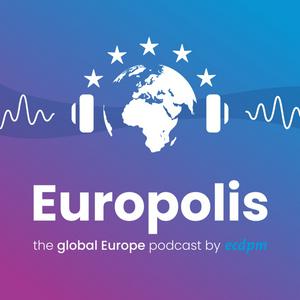
Hol dir die kostenlose radio.de App
- Sender und Podcasts favorisieren
- Streamen via Wifi oder Bluetooth
- Unterstützt Carplay & Android Auto
- viele weitere App Funktionen
Hol dir die kostenlose radio.de App
- Sender und Podcasts favorisieren
- Streamen via Wifi oder Bluetooth
- Unterstützt Carplay & Android Auto
- viele weitere App Funktionen


Europolis: The Global Europe Podcast by ECDPM
Code scannen,
App laden,
loshören.
App laden,
loshören.


